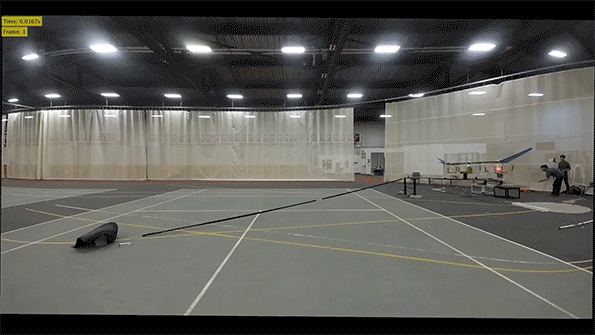Best of Last Week – Plane with no moving parts, total body scanner and benefits of eating oranges, greens and berries

It was a good week for technology as a team at MIT demonstrated the first-ever plane with no moving parts—it was powered by an ionic wind. Also, another team at MIT explained the plummeting cost of solar power—they found it was due to a mixture of policy initiatives and advances in technology. The result has been a 99 percent drop in cost over the past 40 years. And a team at Duke University reported on the steps they are taking to create a 'robo-nose' that they hope will give K-9 officers a break—trained dogs do a good job, but they get tired; a robot with living mouse cells in its snout might offer some relief. Also, a team at Stanford University announced that they had developed a crowdsourcing platform for imitation learning in robotics—called RoboTurk, it allows AI machines to use help from large groups of people online. And a team at Shree Devi Institute of Technology reported exploring the resurrection of consciousness using AI—it was all part of an effort to allow users to "communicate" with deceased loved ones.
In space news, a team with members from Radboud University and Goethe University created a virtual reality simulation of Sagittarius A*—the supermassive black hole at the center of the Milky Way. And an international team of researchers reported the impending gamma ray burst of a doomed star in the Milky Way galaxy. If it happens, it would be the first observed in the Milky Way.
In other news, a team with members from Cyprus University of Technology, UCL, the University of Alabama and Boston University conducted an investigation of state-sponsored trolls—they found most of them were from Russia and Iran. Also, a team with members from USC, UIH and the Department of Nuclear Medicine at the Zhongshan Hospital in Shanghai showed off human images from the world's first total-body scanner—it combines PET and CT scanning to create 3-D images of a patient.
And finally, if you are one of the millions of men around the world looking for a relatively easy way to improve your memory, you might want to check out the results of a study led by Changzheng Yuan, of the Harvard T.H. Chan School of Public Health—the group found that consuming orange juice, leafy greens and berries may be tied to decreased memory loss in men.
© 2018 Science X Network